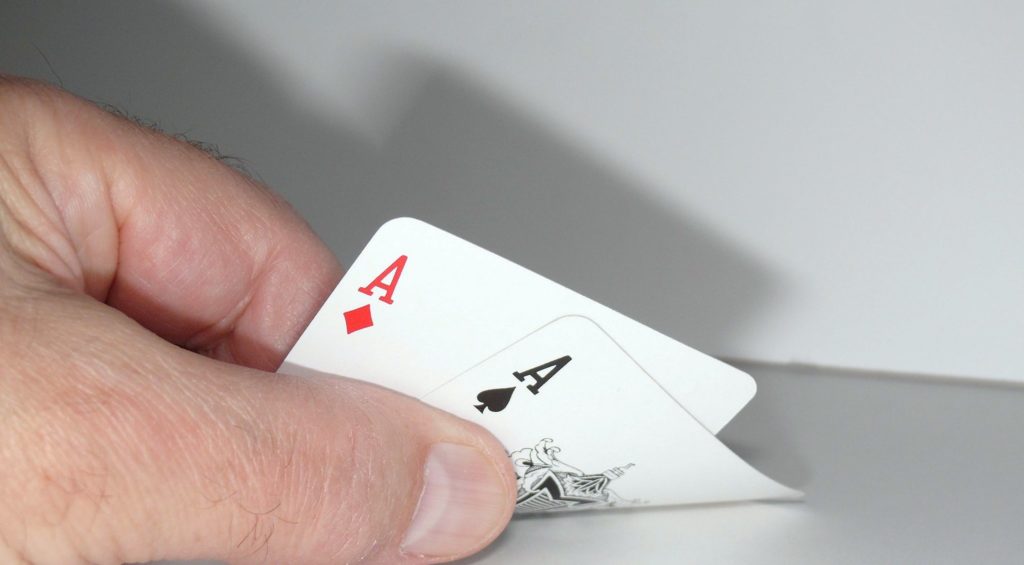
Many times poker is typically associated with seedy casinos, smoke-filled rooms, and unsavory gamblers, but push that stereotype aside. Here, we’re discussing poker as a fun family game that can be used to sharpen your child’s cognitive abilities. You don’t have to bet actual money, simply play as you would any other board or card game. An extra bonus—in our digital-obsessed world, poker is a screen-free activity that can be played anywhere with family and friends.
Let’s talk about how poker can bolster your child’s intellectual development.
Strengthen Their Memory
For starters, when you teach children poker, they’ll need to remember the suits, rules, card values and depending on the version—how to bet. If you need a refresher yourself, here’s a comprehensive guide that breaks down the rules for multiple types of poker. For children, understanding the game is a test on to itself.
Once a child comprehends the foundation of poker, the game is cognitively challenging to play, it incorporates strategy, attentiveness, and memory. Multifaceted card games that require counting and concentration keep the brain alert and sharpen skills. For this reason, a similar card game, bridge, is popular with the elderly. Research and studies have proven that mentally-challenging card games can help with brain development later in life, and slow cognitive decline while improving memory. The same principle can be applied to young poker players.
Sharpen Math Skills
Poker requires quick mental calculations with both your hand and when you need to bet. Depending on the age of your children you might want to help them out a bit or let them use paper and pen. Poker is a math-heavy activity, but your child will be so caught up in the competition and fun of the game, they won’t realize their practicing math skills.If you have older children, you can take the math lesson one step further and dive into the probability of outcomes based on cards and hands that have been played.
This practice can also lead to an experience in money management. A poker player only has so many chips in their pot. Based on observations and calculations children need to show self-control, diligence, understand the slow accumulation of savings, as well as know when to take risks to go all in.
Boosts Confidence in Their Intelligence and Abilities
Once your children understand the game and get some practice under their belts, they’ll slowly begin to trust their competence. After they experience a few wins and losses, they won’t feel too shy to make bets or put themselves out there. As well as understand that while card games require skill, they can also be affected by luck. (A valuable life lesson in general!)
By teaching children the game, how to take turns, and how to be confident in their decisions, you’re not only strengthening their mental capacity but their self-confidence in those abilities. Educational psychologist, Sean Flanagan, explains: “Card and board games can promote oral language skills, problem-solving, vocabulary development, assertiveness, and other reciprocal exchanges.”
Poker Enhances Skill While Encouraging Family Time
Bottom line — as parents, we all want to find challenging and engaging activities that promote learning for our children. It’s often difficult to find traditional pastimes that don’t involve video games or a wifi connection. A family poker tournament can achieve this while offering a chance for everyone to gather around the table and take part in some healthy competition. Not too mention, a chance to beat Mom and Dad. “To be able to compete against parents and sometimes win is symbolically important to kids. [They] can learn to win and lose gracefully, to be happy but not gloat, and to lose and not pout,” says William Doherty, professor of family social science at the University of Minnesota in St. Paul.
So find an old deck of cards and dust off the chips, it’s time to teach your children to play poker!
